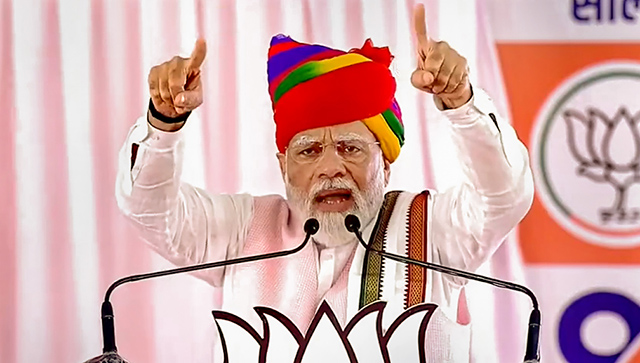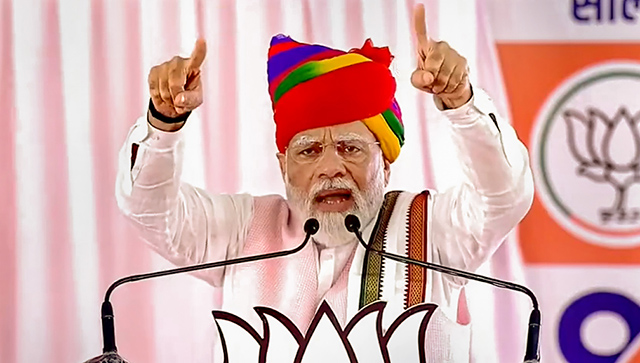While monetary policy measures like demonetisation may go someway in trying to curb the parallel economy, the real way to increase the amount of income that is subject to taxation will be a change in the taxation policy itself.
Every month most employed people in India get a salary slip that shows them all the deductions that are made to their salaries before they get what they call “in hand”. These deductions usually are their tax deducted at source, contribution to their provident fund, contribution to their health insurance plans etc.
These are deducted in order to ensure that these amounts are indeed paid. Had it been voluntary, most of them may not. So it makes sense to deduct these payments up front. This is called a structural solution to fix a problem.
They didn’t have to change the EPF or the tax or the idea of health insurance. They just needed to change how they were collecting it.
The same comes with when you try to get 1.2 billion people to pay income tax. Income tax by its very nature has its own share of mixed incentives that will cause you to lose lot of tax-payers from Day One. It calls for people to declare their income and calculate their own tax liability. Only in some cases there is already tax deducted at source to their account.
Most individuals if they take money in cash do not need to declare this income, leading to evasion and resulting in generation of black money. Then suddenly you need massive demonetisation efforts, like the government has currently undertaken, in order to catch people possessing this black money.
But in the next financial year, most of us are going to do exactly the same thing, fill out a voluntary return again, self-declare our income. There are 1.2 billion people in India and there aren’t obviously enough income tax officers to go after them to ensure each one is tax compliant. Strangely enough of the 1.2 billion people, in the year 2012-13 only 2.87 crore filed their tax returns and out of that 1.62 crore paid no tax at all. In other words, just around 1.25 crore paid their taxes.
This definitely doesn’t mean that causing inconvenience to the rest of the country is the smartest way to go about to tackle tax evasion problem. It’s quite clear, the personal income tax is not the smartest cookie when it comes to tax collection from a large and extremely populous country like India. What ever is the tax structure, it’s possible that some unscrupulous elements will always evade it. When it comes to corporates, it’s slightly different. The government keeps tab on them with annual filings anyway. But for individual people, income tax is just extremely complicated to enforce and implement.
Consumption and transaction taxes though are much easier as they can be recovered directly from the manufacturers of the products and services. For example, when you buy a loaf of bread you pay the central government, say, a 2.5 percent tax. This tax is not collected by your shop-keeper or the middle man who brings bread from the bakery to the shop. But by the baker who is a manufacturer when he applies the MRP to the bread. This reduces the chances of tax revenue being lost.
The problem with consumption and transaction taxes though is that they make things more expensive for the poor. Under the Income Tax, only those who make a certain amount of income will have to pay tax, but under a nationwide consumption and transaction tax system, everyone ends up sharing a portion of the additional tax burden.
But the solution to that would be actual market-based social welfare for the poor. A food stamp programme on the lines of SNAP in the United States, tax credit subsidies for below poverty line families. While earlier when we used to examine these options they seemed unimplementable in India but today they do not seem to be impossible. With massive Aadhaar enrollment and a National Payments System creating the RuPay payment network, India can pioneer the abolition of the personal income tax.
That would be the actual long-term solution to the problem of black money, as the income tax is inherently problematic and will always result in evasion. Short-term solutions like demonetisation may have fantastic political effect but they will not kill the disease. Only a rationalisation of the tax system will. To implement a nation-wide transaction tax it will take severe political will to restructure some very fundamental centre-state relationships which would then push us one step ahead of the GST.
May be the government can start taking concrete structural steps to improve the amount of income under taxation instead of starting some mad schemes.


)




)
)
)
)
)
)
)
)